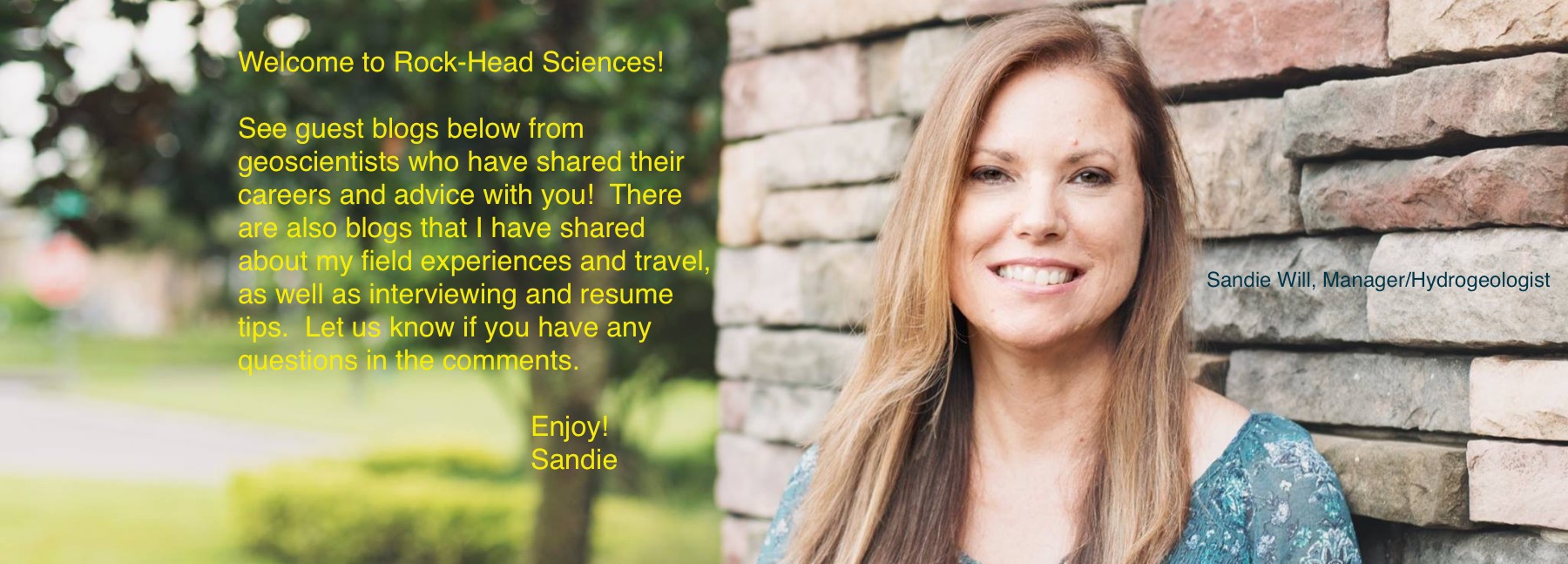
Ritwika Sengupta on Urbino, Italy Fieldtrip – “I went on a summer school in Urbino as part of my training. Amazing geology and beautiful city!” Photo copyright: Ritwika Sengupta
NAME: Ritwika Sengupta
CURRENT TITLE: PhD Student in environmental research – climate
AREA OF EXPERTISE: My research is focused on the Early Cretaceous, during which there are global climatic changes. I focus particularly on the Valanginian event – around 130 million years ago. My work uses the mineral siderite, which grows in bogs, marshes, and waterlogged soils from groundwater to understand how rainfall may have changed at this time with a changing climate.
YEARS OF EXPERIENCE: 4 years as an undergraduate and 1 year as a postgraduate student
EDUCATION: MSci in Geology from Imperial College London, followed by this current role as a PhD student in Earth Sciences at University of Oxford, United Kingdom
TWITTER: @ritwika_s
What’s your job like?
My day-to-day job is varied between studying natural samples and doing experiments. I do a lot of experiments trying to produce the minerals found in these natural samples in the laboratory. So often, I am running up and down the stairs all day between my office and the lab as I monitor experiments! I also get to spend time imaging the natural samples and the experimental samples I produce in the lab. This means I get training on some really cool machines including the scanning electron microscope (SEM) and the electron microprobe. These help produce images of my samples and analyse the chemistry. I also do a bit of teaching in tutorials and I help out sometimes in undergraduate labs, which is always fun!
What’s a typical day like?
This can really vary. Some weeks, I have had a moment of inspiration and am running many experiments at the same time. This can lead to hectic days, especially when they throw up interesting questions, and then I have to start more experiments. I have to make sure I am monitoring them regularly, so my day is often broken up by regular trips to the lab, in between other work such as preparing my samples to go into various machines for analysis. Other weeks, I will spend time reading and mulling over ideas more, which are generally more relaxed weeks (often followed by the hectic ones!).
What’s fun?
Often in research little interesting questions will come up. For instance, the mineral you thought you were producing in the lab, turns out to be a completely different mineral! It is always fun (and a bit hard) to try to solve why something happened, even in this small scale. Ultimately, all the little questions often lead you to something really interesting.
What’s challenging?
PhD’s have a steep learning curve, and I don’t think I really realised how difficult they can get. Things in science often don’t go to plan – machines break, samples you receive are not very good, experiments don’t go to plan, etc. So you have to be willing to adapt quickly and find a way around problems. It was hard at first, but I think I am getting better at it!
What’s your advice to students?
Don’t compare yourself to others. Everyone learns differently and at a different pace. We all have something unique to contribute. Also, whether you are thinking of going into geosciences or not, it’s always good to follow your interests and keep up with things not just in your academic field. This could be anything from literature, politics, history or any other scientific research that interests you. It gives you a more rounded view of the world, makes you a better scientist, and puts your own work in perspective of broader science and academia.
If you have questions for Ritwika, please post them in the comments below.
